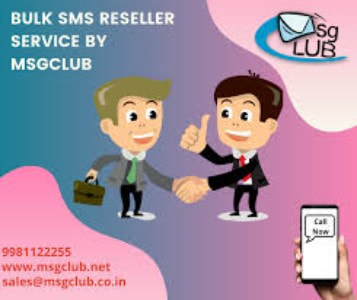Introduction:
In recent years, WhatsApp has emerged as a prominent platform for communication, connecting billions of people globally. Initially designed as a platform for personal messaging, its popularity has led businesses to recognize the untapped marketing potential of WhatsApp. With over two billion active users across 180 countries, WhatsApp has evolved beyond a simple chat application and is increasingly being utilized by businesses to engage with customers, enhance brand visibility, and drive sales. This article explores the use of WhatsApp in marketing strategies, highlighting its benefits and challenges.
Benefits of WhatsApp Marketing:
1. Direct Interaction: WhatsApp delivers marketing messages directly into customers’ personal space, ensuring a higher probability of engagement. This personalized approach fosters a sense of trust and loyalty between businesses and customers, enabling efficient communication.
2. Cost-effective: Compared to traditional marketing channels, WhatsApp offers a cost-effective solution to reach a large customer base. With minimal expenses, it allows businesses of all sizes to leverage the platform’s potential without breaking the bank.
3. Rich Media Sharing: WhatsApp supports various file formats, enabling businesses to share rich media content such as images, videos, documents, and audio files. This feature allows for more engaging and immersive content, increasing the likelihood of customer retention and conversion.
4. Broadcast Lists and Groups: WhatsApp provides businesses with the ability to create and manage broadcast lists and groups. These features enable targeted marketing by segmenting customers based on preferences, demographics, or past behaviors, tailoring messages specific to each group for better conversion rates.
5. Customer Support: The instant messaging nature of WhatsApp allows businesses to provide real-time customer support, addressing queries and concerns promptly. This enhances customer satisfaction by providing timely assistance and troubleshooting.
Challenges of WhatsApp Marketing:
1. Privacy Concerns: WhatsApp is known for its strong commitment to user privacy. Thus, businesses must respect users’ privacy by obtaining consent before sending promotional messages. Failure to do so may result in negative customer perception and potential legal consequences.
2. Opt-in and Opt-out: Since users’ phone numbers are private information, obtaining opt-ins from customers can be a challenge. Businesses must devise strategies to encourage customers to willingly share their numbers for marketing purposes while ensuring an easy opt-out mechanism to respect their preferences and maintain trust.

4. Platform Limitations: WhatsApp currently restricts a single business account to be connected to one phone number. This can pose limitations for businesses with multiple departments or branches. However, WhatsApp’s enterprise solution, WhatsApp Business API, provides a solution for larger organizations to handle multiple numbers within their marketing strategies.
Conclusion:
WhatsApp bulk messaging‘s rising popularity presents a unique opportunity for businesses to enhance their marketing efforts by leveraging its direct communication features and robust user base. While there are challenges to overcome, the benefits of WhatsApp marketing, such as direct interaction, cost-effectiveness, rich media sharing, targeted marketing, and real-time customer support, make it an attractive platform for businesses seeking to maximize their marketing strategies. By navigating privacy concerns, streamlining opt-in and opt-out processes, and delivering valuable content, businesses can unlock the untapped potential of WhatsApp marketing to boost customer engagement, brand visibility, and ultimately drive sales.
